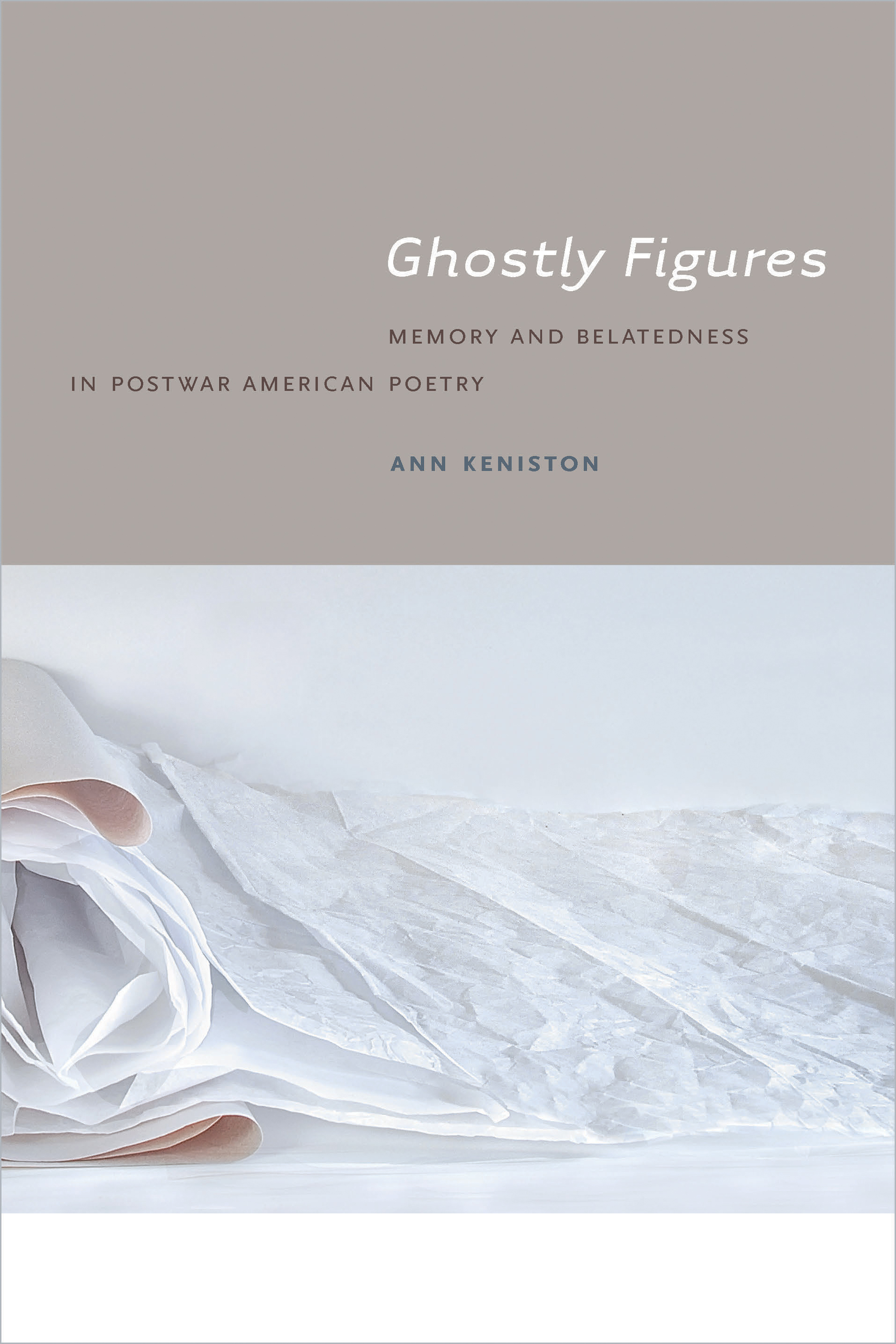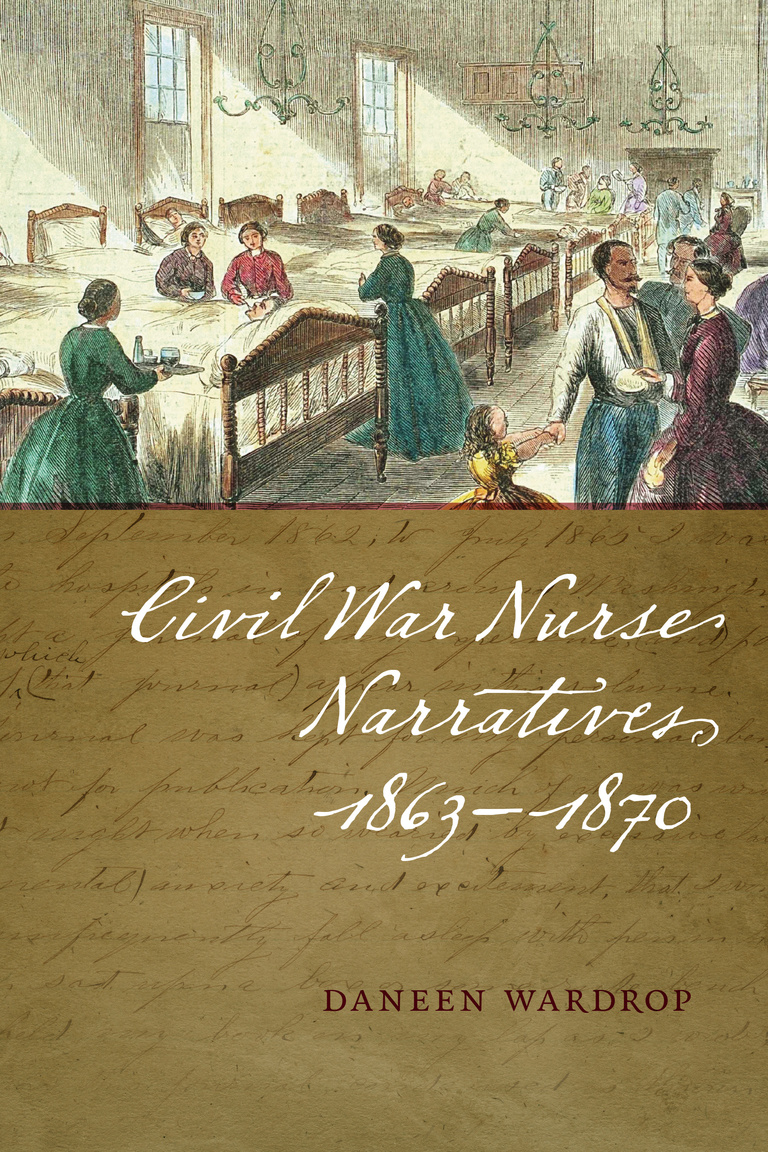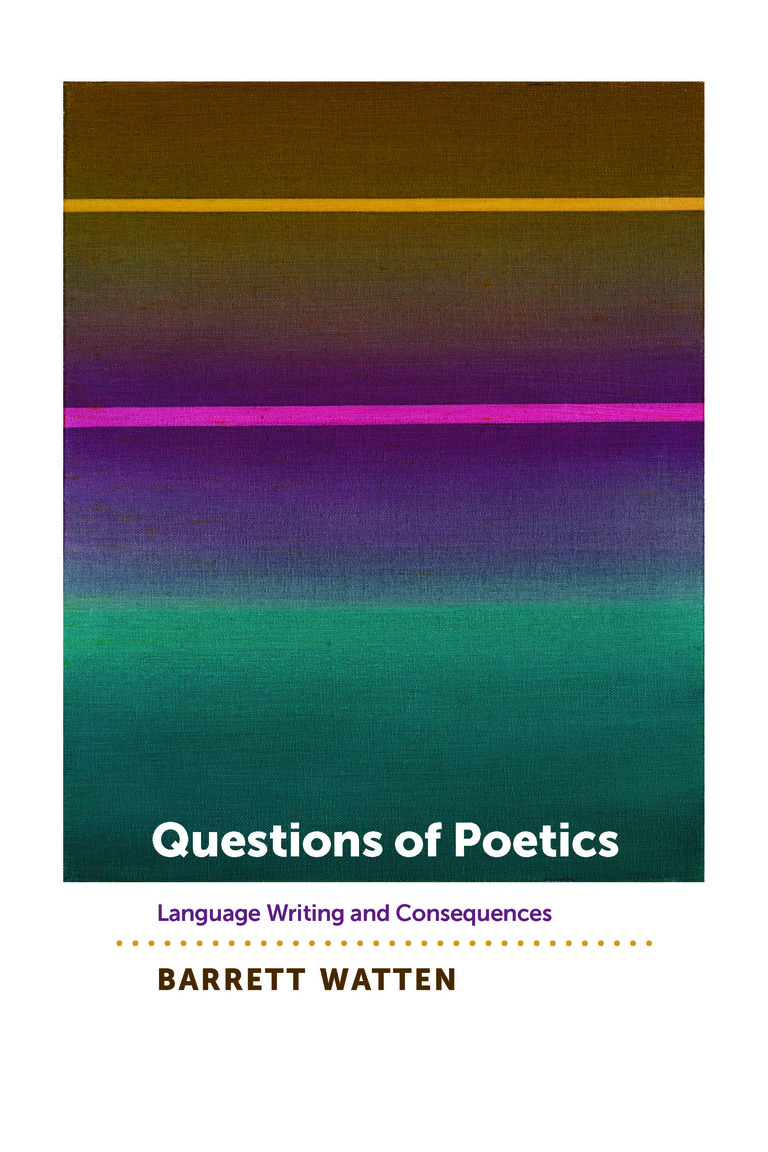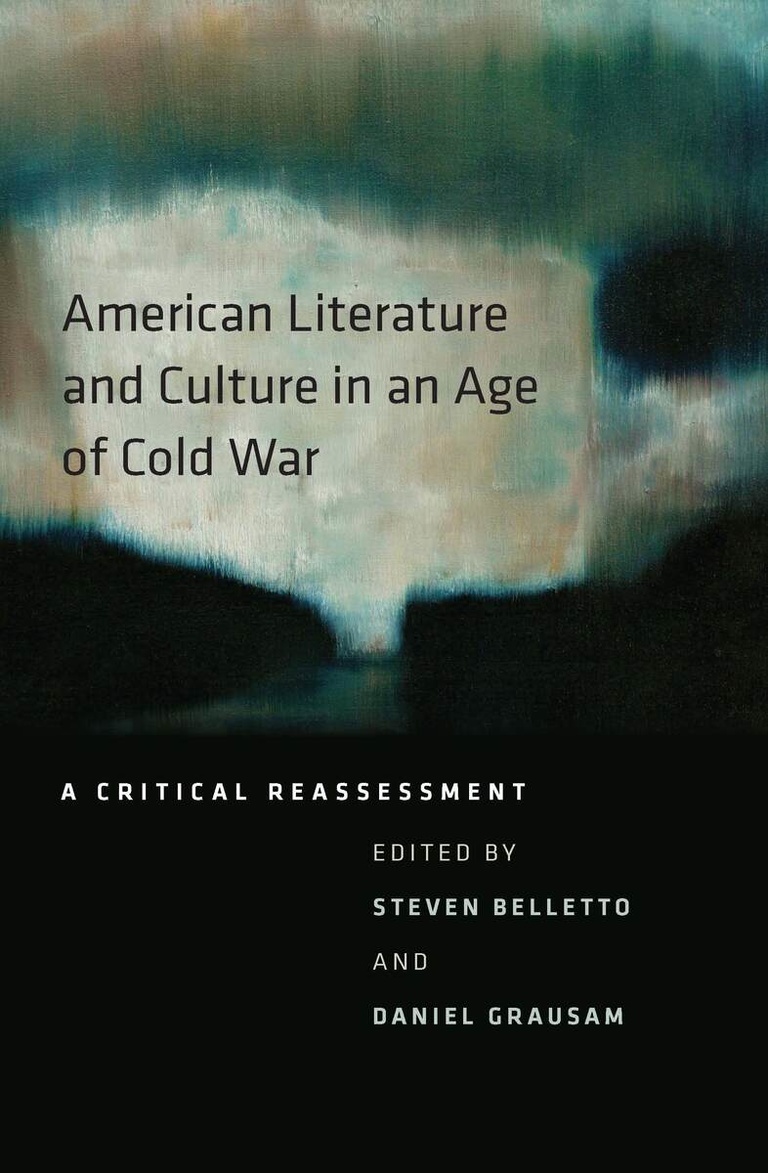From Sylvia Plath’s depictions of the Holocaust as a group of noncohering “bits” to AIDS elegies’ assertions that the dead posthumously persist in ghostly form and Susan Howe’s insistence that the past can be conveyed only through juxtaposed “scraps,” the condition of being too late is one that haunts post-World War II American poetry. This is a poetry saturated with temporal delay, partial recollection of the past, and the revelation that memory itself is accessible only in obstructed and manipulated ways. These postwar poems do not merely describe the condition of lateness: they enact it literally and figuratively by distorting chronology, boundary, and syntax, by referring to events indirectly, and by binding the condition of lateness to the impossibility of verifying the past. The speakers of these poems often indicate that they are too late by repetitively chronicling distorted events, refusing closure or resolution, and forging ghosts out of what once was tangible.
Ghostly Figures contends that this poetics of belatedness, along with the way it is bound to questions of poetic making, is a central, if critically neglected, force in postwar American poetry. Discussing works by Sylvia Plath, Adrienne Rich, Jorie Graham, Susan Howe, and a group of poets responding to the AIDS epidemic, Ann Keniston draws on and critically assesses trauma theory and psychoanalysis, as well as earlier discussions of witness, elegy, lyric trope and figure, postmodernism, allusion, and performance, to define the ghosts that clearly dramatize poetics of belatedness throughout the diverse poetry of post–World War II America.
“Ann Keniston’s Ghostly Figures makes the bold and convincing claim that belatedness, coming after some powerful event, is both the literal, generative condition of postwar poetry and a liberating, deeply perplexing source of tension central to any writer’s attempt to make meaning out of what can never be fully or finally grasped. Keniston brings writers from quite different parts of the contemporary scene into a single conversation about the uses that can be made of the fleeting bits of language and memory and witness constantly flowing past us. Her deft readings give us important new ways of thinking about how poets hold themselves within spaces where the literal and figurative, presence and absence, blur and speak and fade.”—Thomas Gardner, author, A Door Ajar: Emily Dickinson and Contemporary Writers
“Bringing together a group of poets rarely considered in conjunction or relation, Ann Keniston draws our attention to patterns of belatedness in postwar American poetry, finding in diverse forms of figuration a complex relation of trauma and witness to poetic form. Taking up poetry by Adrienne Rich, Sylvia Plath, Jorie Graham, Susan Howe, and poets writing about AIDS, Keniston’s nimble, incisive formal readings closely attend to challenging poetic structures and unsettling topics with theoretical sophistication, offering fresh readings of even the most canonized poems. Keniston’s keen focus on the poems’ work at the level of figuration richly expands our thinking about the work of poetic form in the postwar response to social and personal trauma.”—Linda Kinnahan, author, Lyric Interventions: Feminism, Experimental Poetry, and Contemporary Discourse
Winner, 2015 Robert Penn Warren-Cleanth Brooks Award for Literary Scholarship & Criticism



